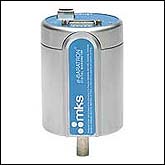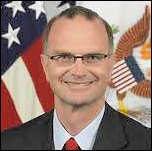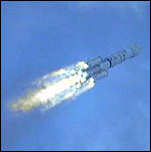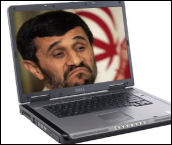 Qiang Hu, a Chinese national who was sales manager at MKS Instruments Shanghai Ltd. was arrested while he visited the Shanghai company’s U.S. parent, MKS Instruments, Inc. in Andover, Massachusetts. He was arrested on charges that he illegally exported manometers, classified as ECCN 2B230, without the required licenses from the Bureau of Industry and Security (“BIS”).
Qiang Hu, a Chinese national who was sales manager at MKS Instruments Shanghai Ltd. was arrested while he visited the Shanghai company’s U.S. parent, MKS Instruments, Inc. in Andover, Massachusetts. He was arrested on charges that he illegally exported manometers, classified as ECCN 2B230, without the required licenses from the Bureau of Industry and Security (“BIS”).
What is interesting about this case is that the items were exported to the PRC pursuant to licenses, but the licenses were allegedly for persons who were not the ultimate end-users of the exported items. According to the affidavit supporting the criminal complaint, Hu used licenses for existing customers of MKS where those licenses had remaining quantities available for exports. Additionally, Hu is alleged to have applied for new licenses for front companies and then used those to export manometers that were then diverted to a number of other end-users in the PRC. One of the alleged front companies was Shanghai Racy System Integration Co., Ltd., surely one of the best front company names ever. The affidavit alleges that “thousands” of items were exported improperly by Hu, with items worth $4.5 million going to Shanghai Racy alone.
The affidavit does not allege, with one rather odd exception, that Hu would have been unable to obtain licenses for the ultimate end users. Instead, the affidavit cites emails from Hu to his customers and co-conspirators in the PRC which suggested that he used existing licenses to service end-users in the PRC who only needed small quantities of the items on the grounds that the export process was too cumbersome and expensive for the small quantities involved.
As I noted above, there is one instance in which the affidavit tries to suggest that the end-user was problematic. This involved an export to “Parr Lab Technical Solutions” in Hong Kong which the affidavit noted was on BIS’s Unverified List. That is presumably a reference to Parrlab Technical Solutions, Ltd., which is on that list. However, licenses are not necessarily denied to parties on the unverified list. When an end-user is on that list, the exporter is simply required to engage in heightened due diligence to assure that the exported item will not be diverted to a prohibited end-use or end-user.
The DOJ press release on this case indicates that the parent company, MKS Instruments, Inc., is not a target of any investigation in this matter.

 Posted by
Posted by  Category:
Category: 


 Reuters has
Reuters has  New-York based electronics wholesaler
New-York based electronics wholesaler 


